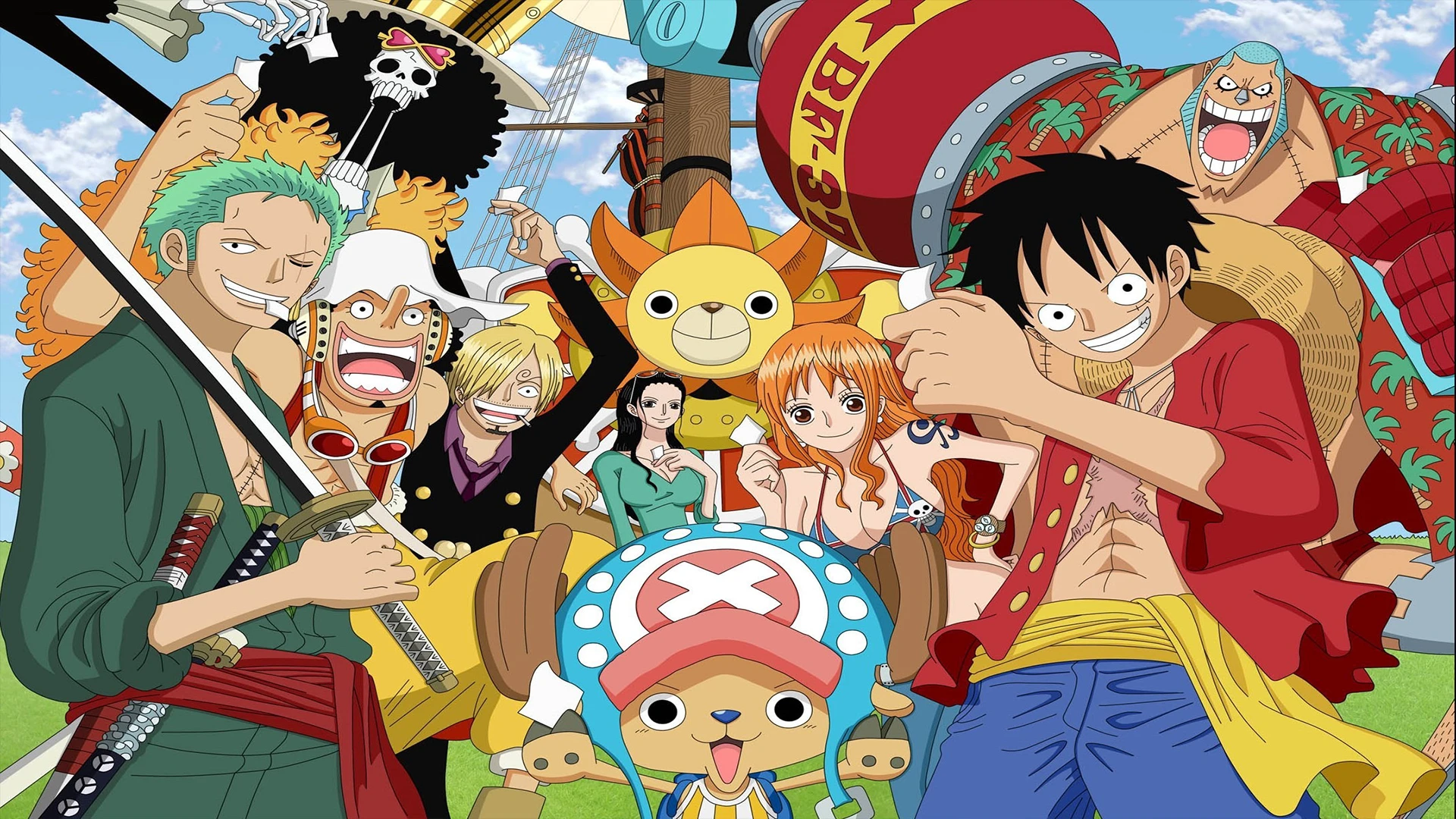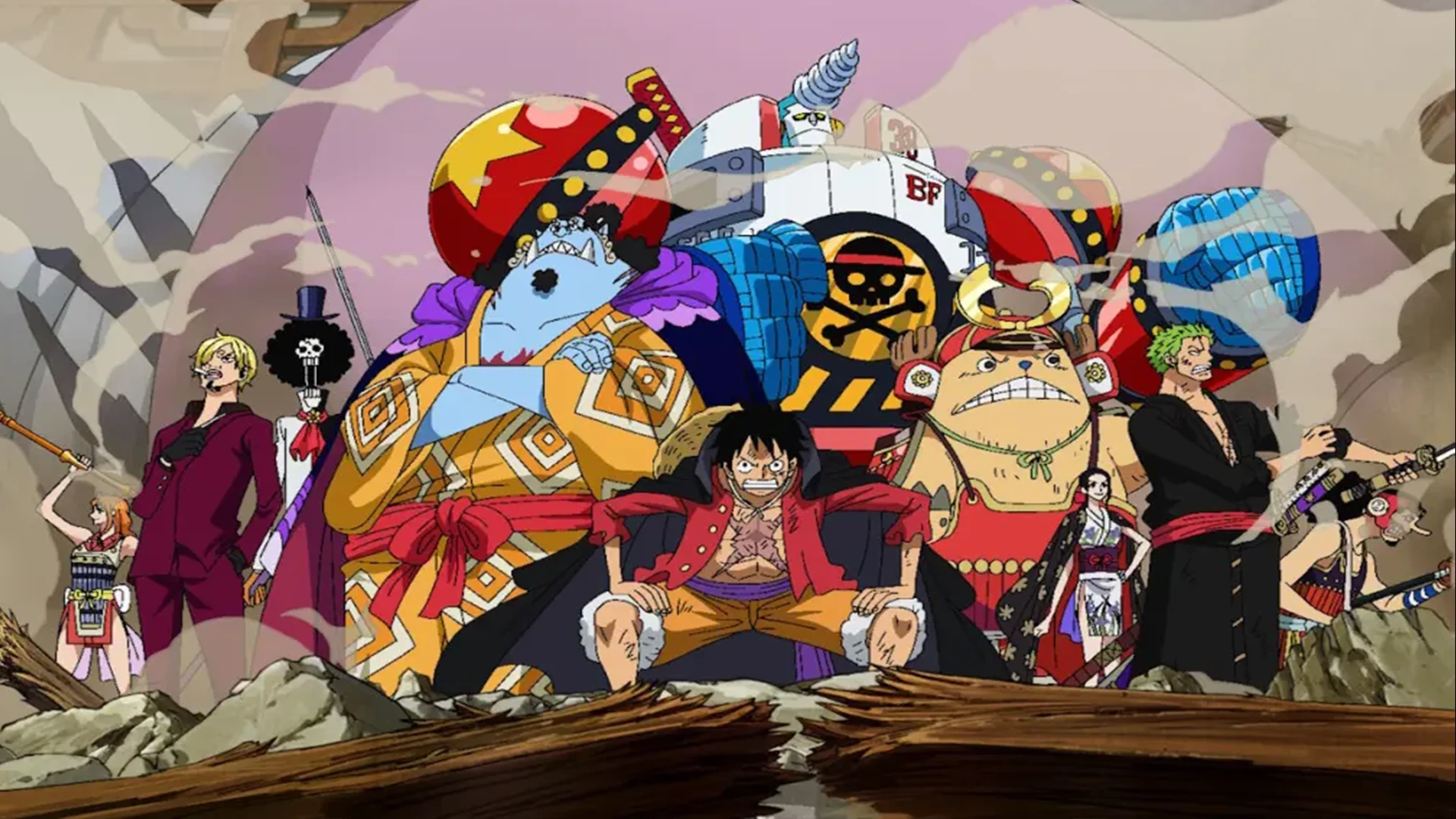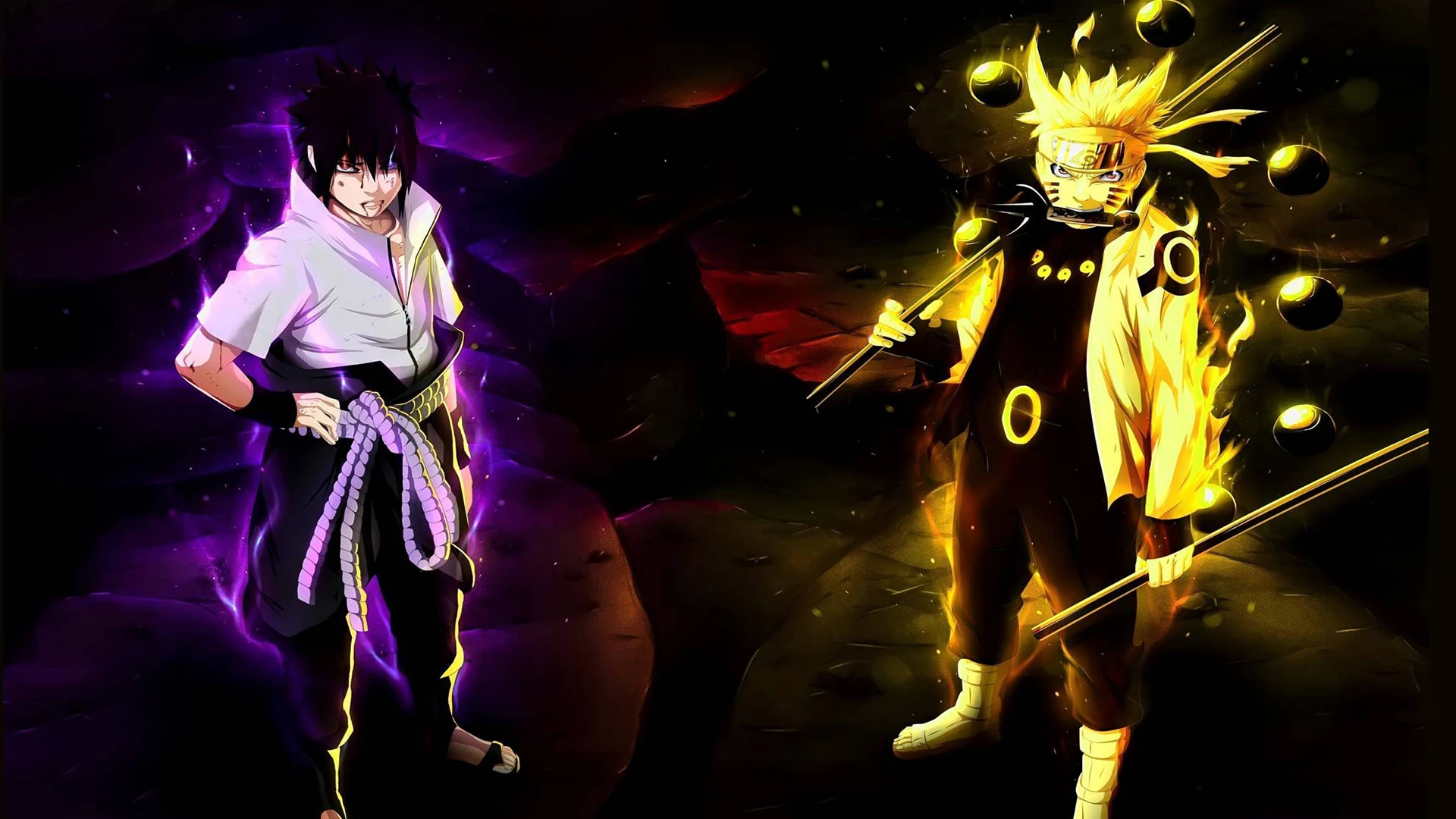
It's one of the most enduring tropes—and biggest memes—in all of shonen anime: the "power of friendship." Often criticized as a lazy plot device (a *deus ex machina*) where a hero wins a fight they shouldn't have simply by thinking about their friends, this trope is far more nuanced in the best-written series. At its core, the power of friendship isn't a magical power-up; it's a narrative engine for motivation, willpower, and even the literal mechanics of a power system.
The Foundation: One Piece's Found Family
Monkey D. Luffy is a prime example of the trope done right. He doesn't suddenly get stronger because his friends are cheering for him. Instead, he fights with everything he has *for* his friends. His crew is his found family, and the desire to protect them is the unshakable foundation of his will. In the world of One Piece, willpower can be manifested as Haki. Therefore, Luffy's bonds don't magically give him power; they give his will a purpose, allowing him to push his Haki and his body past their limits. The friendship is the *reason* for the fight, not the source of a sudden, unearned victory.

The Inspiration: Naruto's Will of Fire
Naruto Uzumaki's entire journey is a quest for acknowledgment. As a lonely outcast, his deepest desire is to form bonds with others. His relationships with Iruka, Sasuke, and his teammates are what fuel his determination to become Hokage. He masters Rasengan and learns to control the Nine-Tails not through raw talent alone, but because he is driven by a promise to bring his friend back and protect his village. For Naruto, friendship is the ultimate inspiration, transforming his loneliness into a fierce will to prove his worth and defend his connections.

The Mechanical Integration: Fairy Tail's Emotional Magic
Perhaps no series integrates this trope into its core mechanics as literally as Fairy Tail. In its world, magic is not just a tool; it is a manifestation of the user's spirit and emotions. The stronger a wizard's feelings—their love for their guild, their anger at seeing a friend hurt—the more powerful their magic becomes. When Natsu Dragneel lands a final, devastating blow after thinking of his friends, it's not a plot hole. It is the fundamental, stated rule of his universe's power system. Fairy Tail turns the abstract concept of friendship into a tangible, measurable source of power.
So, the next time you see a hero get up after a brutal beating, remember that it's often not the friendship itself that's the power. It's the unwavering will, motivation, and purpose that those bonds provide. It's the simple, powerful idea of having something worth fighting for.